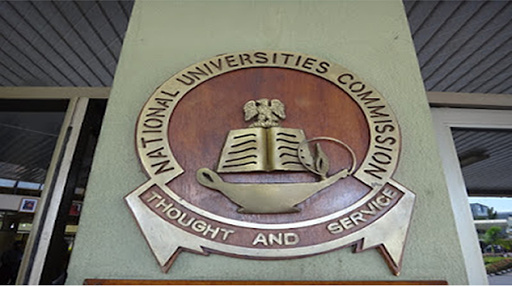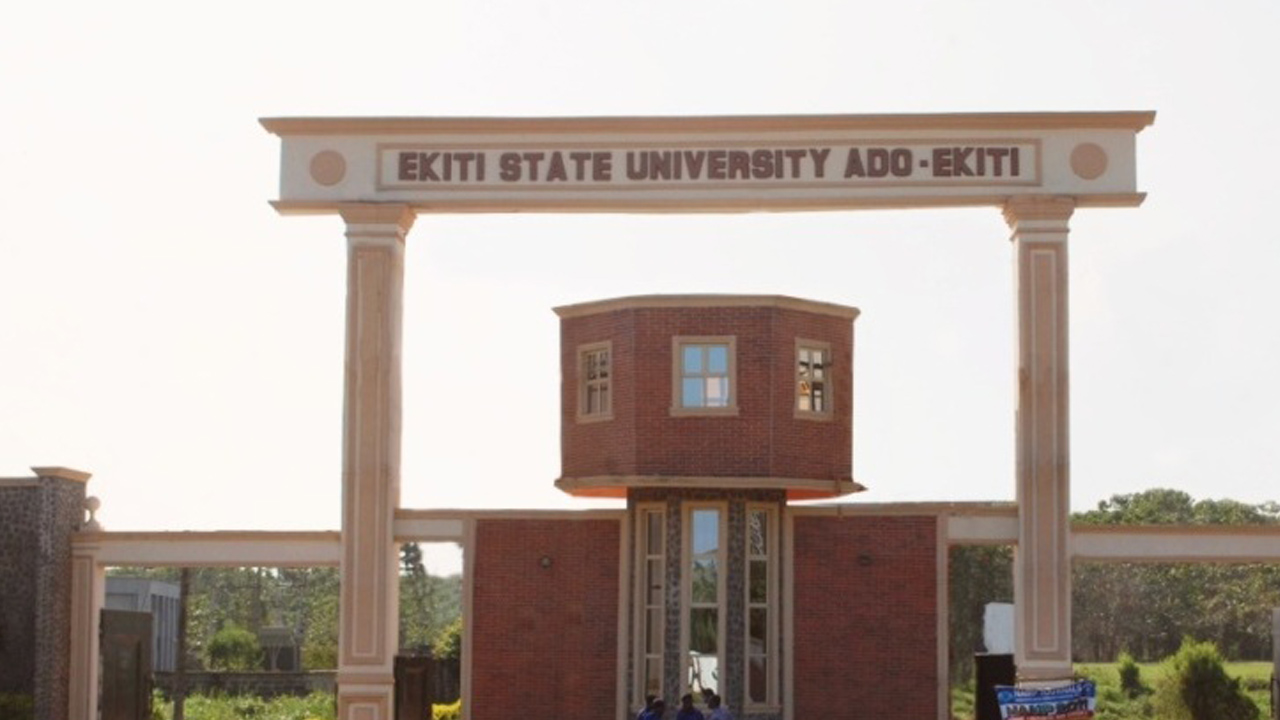
Stakeholders in the education sector have outlined key priorities for the new Executive Secretary, National Universities Commission (NUC), Prof. Abdullahi Ribadu.
In separate interviews with The Guardian, they emphasised the need for the regulatory body to address pressing issues confronting the tertiary education sub-sector.
Specifically, they tasked him to enhance the quality of education in Nigerian universities by promoting research and innovation, up-to-date curriculum, address funding challenges, promote accessibility and equity, as well as improve university governance, including promoting transparency, accountability, and good leadership practices.
Chairman, Senate Ceremony Committee, African University of Science and Technology, (AUST), Abuja, Usman Abdulmalik, tasked the commission to address issues of overcrowding in university auditoriums and lecture halls. Abdulmalik stressed the need for capping admissions to prevent overcrowding and ensure a more conducive learning environment.
“The NUC has to look into the issue of number of students in lecture rooms; I don’t know how it is going to do that but the commission can mitigate that by limiting the number of admissions universities can offer to students.”
Also, a public affairs analyst, Idowu Daniel, said the NUC must prioritise university governance, emphasising transparency and accountability. This, he said, involves ensuring universities operate with openness and clarity in decision-making processes, financial management, and academic policies.
To achieve this, Daniel advocated the implementation of robust mechanisms to hold university administrators, faculty, and staff accountable for their actions, performance, and resource management.
“This could include regular audits, performance evaluations, and transparent reporting systems. Effective university governance is crucial for maintaining academic excellence, promoting innovation, and fostering a culture of integrity. By prioritising transparency and accountability, the commission can help universities in Nigeria become more efficient, responsive, and student-centred,” he stated.






